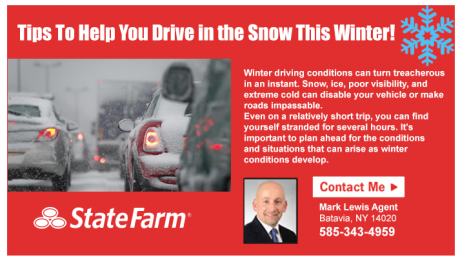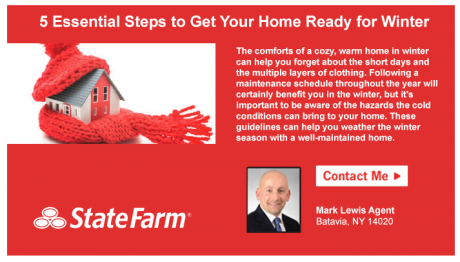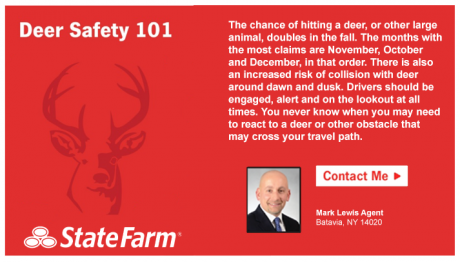Be energy efficient
Since your heating system will probably be running constantly throughout the winter, remember to change out your HVAC filters every month. Inspect the insulation in your attic and crawl space. Warm air rises and leaves the house through the roof, so you should focus on insulation in your ceilings. Seal areas around recessed lights, the attic hatch, and plumbing vents that may be allowing warm air from the living space below to enter the attic. Proper attic ventilation, adequate attic insulation, and a tight air barrier between the attic and the interior of the house will work together to prevent ice dams.
If you don't have double-paned windows, remove the screens and install storm windows to ensure that the heat stays in and the cold stays out. If you're on a tight budget, pick up an inexpensive plastic-film sheet kit from your local hardware store. These will only last one season, but they do help with energy efficiency and are able to halt the cold flow of winter drafts. If you have a fireplace, burning firewood is another way to save energy costs. When you use the fireplace, reduce heat loss by opening dampers in the bottom of the firebox (if provided) or open the nearest window slightly -- about an inch -- and close doors leading into the room. That will prevent the fire from drawing warm air out of the rest of the house and replacing it with cold air. And remember to store your firewood in a dry place at least 30 feet from your home to avoid a fire hazard.
Protect your pipes
Pipes located in attics, crawl spaces, basements, and near outer walls can be susceptible to freezing in extreme temperatures. When the forecast calls for unusually cold temperatures, let water drip from hot and cold faucets overnight. Also try keeping cabinet doors open to allow warm air to circulate in places like below sinks. If you open the cabinet doors, be sure to remove anything inside the cabinets that may pose a safety to hazard to children, such as household cleaners. For exposed pipes in your attic, basement or crawl spaces, add extra insulation around them. View the tips to avoid frozen pipes for more information.
Be ready for an emergency
Blackouts and snow-ins can occur during winter months, so take a moment to prepare yourself and your family for such emergencies. Having the following items ready will help you make it through safely.
- Flashlights
- Bottled water
- Nonperishable food items
- Blankets
- Phone numbers for your utility companies
- Battery backup to protect your computer and other important electronic equipment
- First-aid kit
Decorate safely
'Tis the season to be festive, but remember to stay safe with your holiday decorations. Inspect the wires of your light display before switching them on—they may be frayed and present an electrical fire hazard. Same goes for the Christmas tree inside -- always check the light strands for any sign of wear and tear from being in storage. If you have a real Christmas tree, keep it watered, since dry trees catch fire easier. Check with your local municipality for instructions on how to dispose of the tree once the new year arrives.
Don't forget yard care
Even with the cold weather conditions, your yard still needs to be maintained. Make sure tree and shrub branches are well away from the house and windows. Icy conditions can cause branches to break and damage your home. Walk around your home and survey the roof to see if any ice dams have formed; call a contractor if you suspect this is the case. As you walk around your house, check the foundation for small cracks or openings where mice or other pests can tunnel in. Winter is when they seek the warmth of your house, so seal up any possible entrances. While you're outside, clear snow off gas meters and away from basement windows and your dryer exhaust vent.






